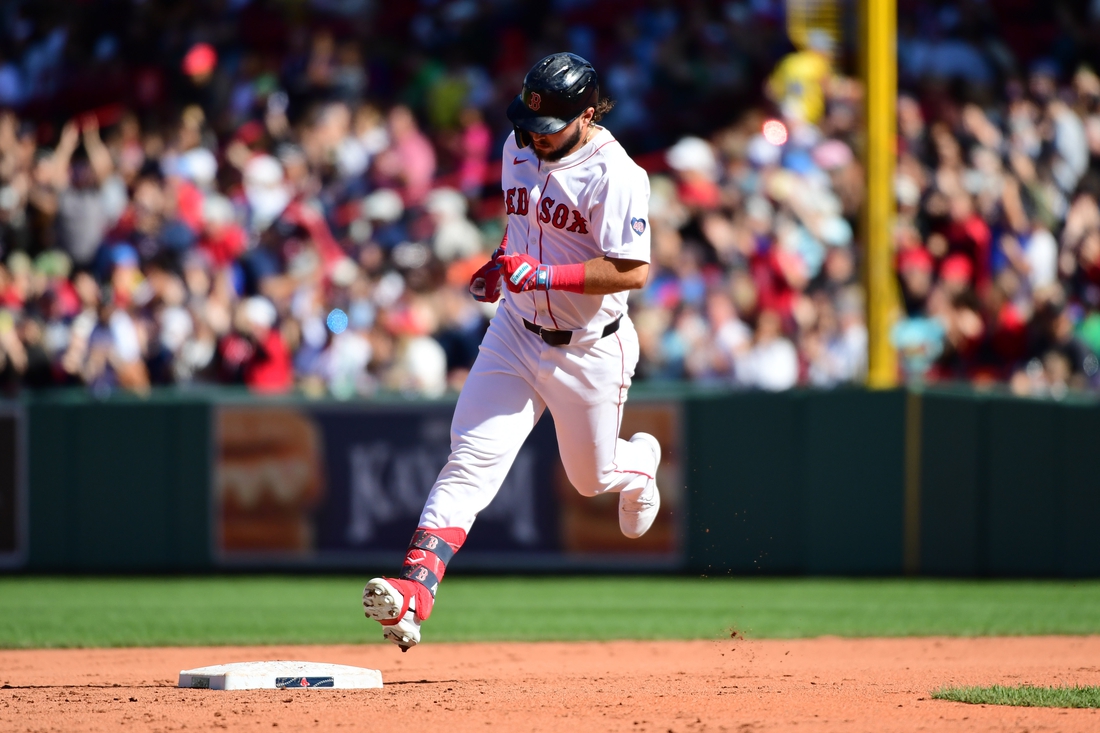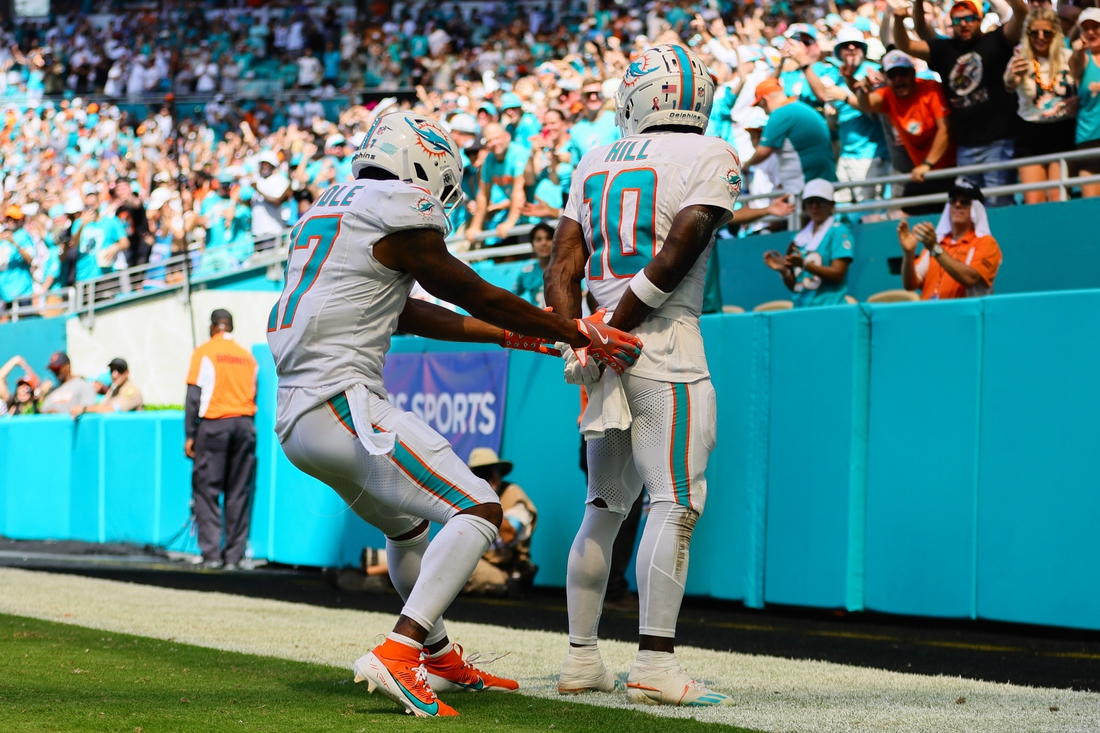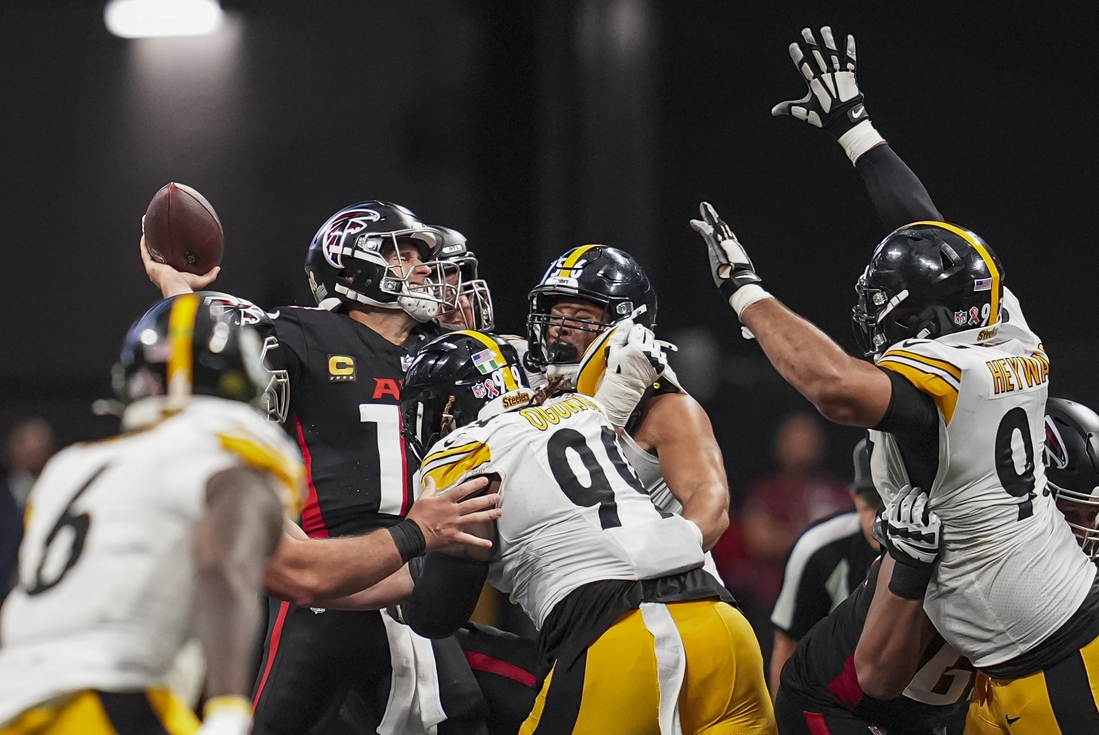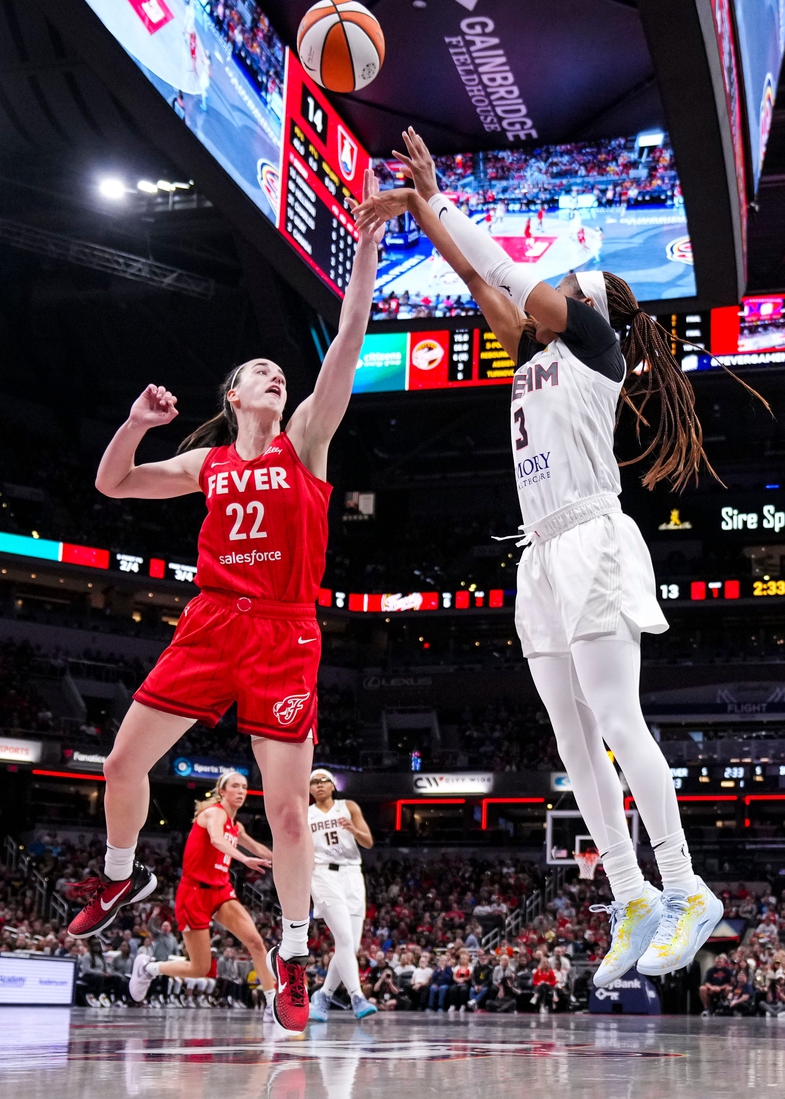On Tuesday, Dartmouth’s men’s basketball team became the latest college team to attempt to unionize — voting 13-2 to join Service Employees Union Local 560, which currently represents other Dartmouth employees. As labor unions rise in popularity — more than two-thirds of all Americans and 88 percent of those under 30 say they approve of unions — will Dartmouth’s unionization be the one that finally shifts the tide for college athletes?
Until now, the biggest push for student athletes to unionize came in 2015, when Northwestern’s football team applied to the National Labor Relations Board for unionization— and were rejected, with the NLRB citing competitive balance and an unknown impact on NCAA rules. Notably, though, the NLRB didn’t weigh in on whether student athletes are university employees, leaving the door open for other teams to make that argument. Unfortunately for Northwestern’s players, a union could have aided players in dealing with the reportedly toxic culture of hazing that took place at the school under former head coach Pat Fitzgerald, leaving some to call on the NLRB to revisit the case.
But last month, an NLRB regent official ruled that Dartmouth basketball players are Dartmouth employees, making them eligible to unionize and collectively bargain with the college. In her finding, NLRB regional director Laura Sacks said, “Because Dartmouth has the right to control the work performed by the Dartmouth men’s basketball team, and the players perform that work in exchange for compensation, I find that the petitioned-for basketball players are employees within the meaning of the (National Labor Relations) Act.”
Dartmouth, as expected, has appealed to the full NLRB, hoping to overturn Sacks’ ruling, and there are several hurdles for the team to overcome before they could achieve union recognition and begin collective bargaining with the school. But unlike the general feeling that Northwestern’s attempt to unionize was a noble long-shot, Dartmouth’s stab at organizing feels possible, particularly as more and more employees across the country (most notably those at Amazon and Starbucks) fight for labor equality on the heels of big victories for United Auto Workers, SAG-AFTRA, and Hollywood writers (WGA). Media is also currently undergoing its own labor movement, with employees at MSNBC and CBS News Digital recently joining a host of other media outlets (including G/O Media’s two unions, the GMG Union and the Onion Union) under the banner of the WGA.
Of course, it’s possible that the full NLRB will agree with Dartmouth, which claims “athletic pursuit is part of the educational experience” and that “classifying these students as employees simply because they play basketball is as unprecedented as it is inaccurate. We, therefore, do not believe unionization is appropriate.” And the case could wind up in federal court, which could lead to months, if not years, of litigation, wherein the cause could lose its momentum once again, as it did following the NLRB’s smackdown of Northwestern 10 years ago. But with the NCAA’s reluctant acceptance of NIL dealings among its ranks, and no less an authority than Supreme Court Justice Brett Kavanaugh (I know) writing of the NCAA, “Nowhere else in America can businesses get away with agreeing not to pay their workers a fair market rate on the theory that their product is defined by not paying their workers a fair market rate.”
Kavanaugh’s concurring opinion was from NCAA v. Alston, where the court unanimously held that NCAA restrictions on providing student athletes with non-cash compensation violated antitrust laws, but it sure looks like you can count at least one Supreme Court Justice as being in the “student athletes are employees” camp. Kavanaugh flat out called student athletes “their workers,” which seems to heavily imply that student athletes are out there performing on behalf and for the benefit of their school.
But even beyond legal wrangling, there seems to have been a sea change in the way America views student athletes. As more and more working Americans see billionaire CEOs getting richer while the constant threat of layoffs looms over the rest of us, the argument that getting a degree is compensation enough for playing a college sport doesn’t hit home the way it used to. Sure, plenty of middle-aged dads out there are still grumbling about how they had to pay their own college tuition, but there’s a deeper understanding among the general populace of how much money schools are making off players — Division I athletics generated $15.8 billion in 2019, and you can bet your bottom dollar that number has gone up since then. USA Today found that the Power Five conferences will pay their head football coaches an average of $6.2 million in 2024 — up nearly 15 percent from two years ago. When was the last time you got a 15 percent raise?
It’s becoming clearer and clearer to the public that there are a whole bunch of adults making an absolute fortune off the backs of teenagers, many of whom hail from disadvantaged communities, and it doesn’t sit right. Is the Dartmouth ruling the canary in the proverbial coal mine for the college athletics establishment? It may be. In 2023, the NLRB’s Los Angeles office filed a complaint against the University of Southern California, the PAC-12, and the NCAA, saying they should be required to reclassify student athletes as “school employees.” That case is still winding its way through the federal courts and, for now, all eyes are on Dartmouth.







